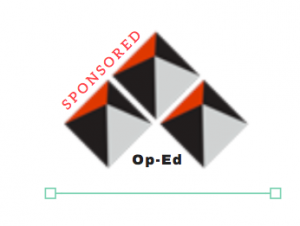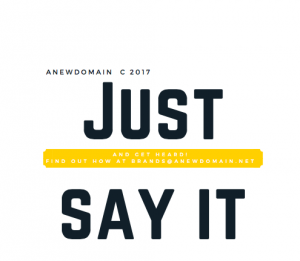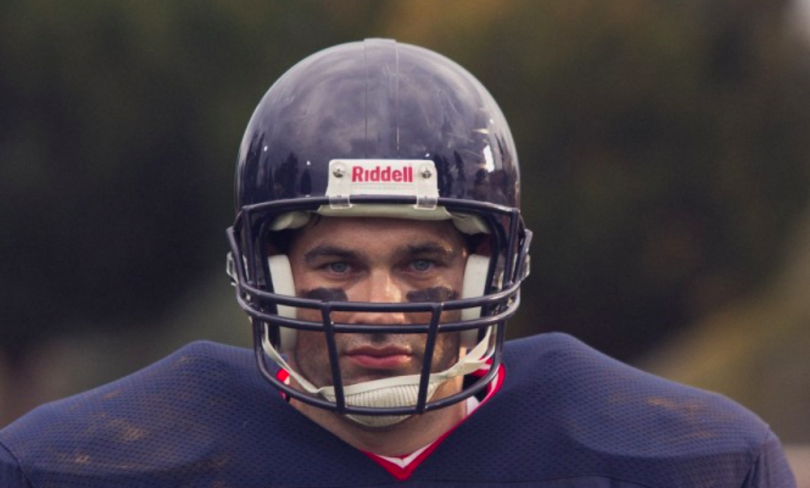aND BRANDpoint — There has been an ongoing discussion in both medical circles and personal injury law about concussions and traumatic brain injuries. The evidence is conclusive: Repetitive and blunt force trauma to the brain leads to neurodegenerative disease.
The research shows that many ex-professional football players are suffering from a variety of symptoms, due to injuries they sustained on the playing field.
 A settlement has finally been reached after years of litigation with the National Football League. And the NFL is set to provide assistance and reparations to ex-players with post-concussion damage that has led to everything from cognitive difficulties to — in extreme instances — death.
A settlement has finally been reached after years of litigation with the National Football League. And the NFL is set to provide assistance and reparations to ex-players with post-concussion damage that has led to everything from cognitive difficulties to — in extreme instances — death.
It isn’t just football players who are seeing potential personal injury suits for TBI. Veterans are also recognizing the same progression of disease due to things they encounter on the battlefield.
As the science begins to unfold and post-concussion damage is coming to light, it appears as if many are jumping on the bandwagon to wage personal injury suits against anyone who has anything to do with the NFL players — one of which is Houston-based Riddell, the major manufacturer of football helmets.
Several ex-players have joined forces to bring a suit against the manufacturer to insist that there is a design flaw in the helmet, which did not protect them against the traumatic brain injuries that they sustained. The suit is not so much about the manufactured design; there isn’t really anything to compare the helmets to, since Riddell is one of the only helmet manufacturers in the industry. The suit is more about exaggerated claims made by the company about what its helmets could do to protect a player when on the field.
A Forth Worth law firm is representing several players who are seeking damages from Kansas, Iowa, Alabama and Arizona for lost wages, health care expenditures, and other personal injury damages that they have endured. These players are part of the NCAA League, a collegiate athletics organization that believes that Riddell is partially to blame for their college injuries.
There was a settlement reached with the NCAA for $75 million last year, but it does not cover any former player’s medical expenses. So now it is using a personal injury attorney in Houston to sue Riddell, alleging that the helmet manufacturer both negligently and intentionally tested, designed, developed, promoted, distributed, marketed and advertised helmets that were dangerous and defective.
Riddell maintains that the football helmets were not accurately described, leading to unrealistic expectations about the safety they afforded to football players.
Many plaintiffs have suffered permanent injuries that have altered their future and their quality of life. The injuries in question weren’t a single-hit blunt force traumatic injury. Most were repetitive hits to the head, which were supposed to be absorbed by the helmet — at least that is what the players were told. But the many hits lead to a disease called chronic traumatic encephalopathy, which is a progressive degenerative condition that has not only changed ex-players, but will continue to alter their brain function for the rest of their lives.
The NCAA passed regulations in 2010 to require schools to enforce a concussion guideline for players that prevented them from going back on the field to protect them from further injury. It is those very guidelines that have set off a firestorm of personal injury suits. Now that both leagues have been sued and have settled, Riddell is the next target.
Whether Riddell unwittingly exaggerated their claims about the effectiveness of their helmet design or they really believed that the helmet could save athletes from the damage of impact is at the heart of this personal injury suit. If it can be proven that they knew that the design of their helmets was not enough to stop traumatic brain injury and thus gave players a false sense of security, then they just might be the latest to fall in a series of personal injury suits related to TBI.
Riddell says it believes it’s just another cog in the circuit that’s being unfairly targeted. And it maintains its helmets were manufactured correctly, and the helmets are the best helmets possible to protect players when out on the field.
There are just inherent risks to playing that athletes knew about and still took their chances.
Therefore, it isn’t Riddell’s obligation to pay for damages. And now it is up to a judge and jury to decide what the truth is.
For aND BRANDpoint, I’m Max Zachary.














